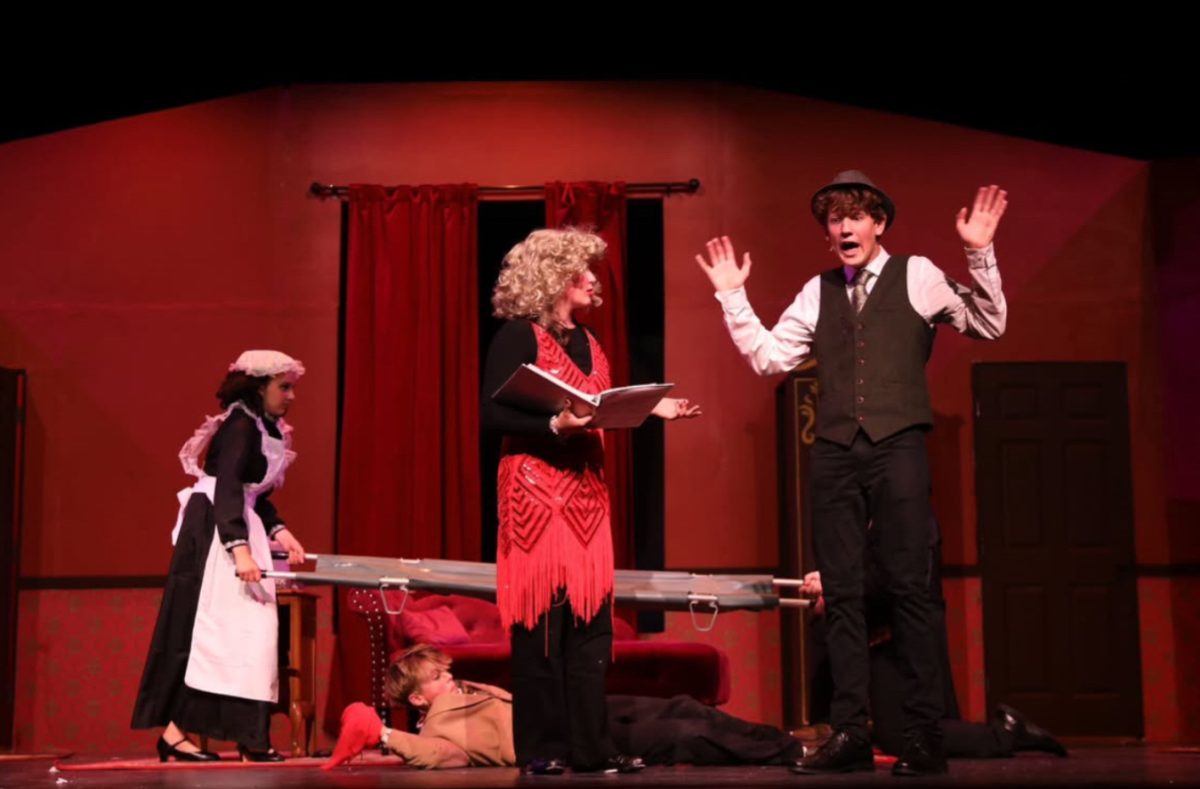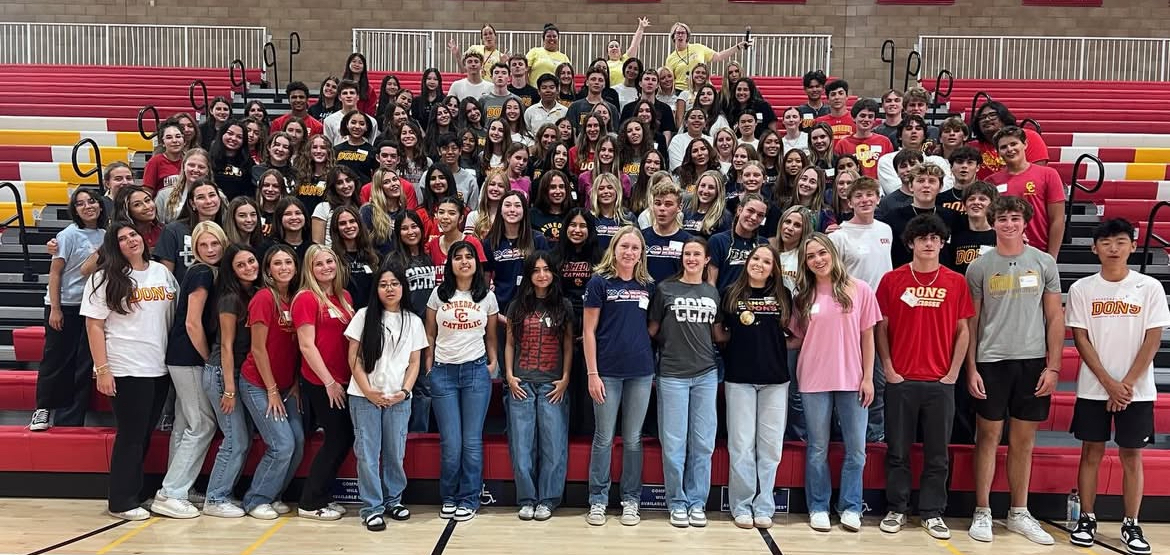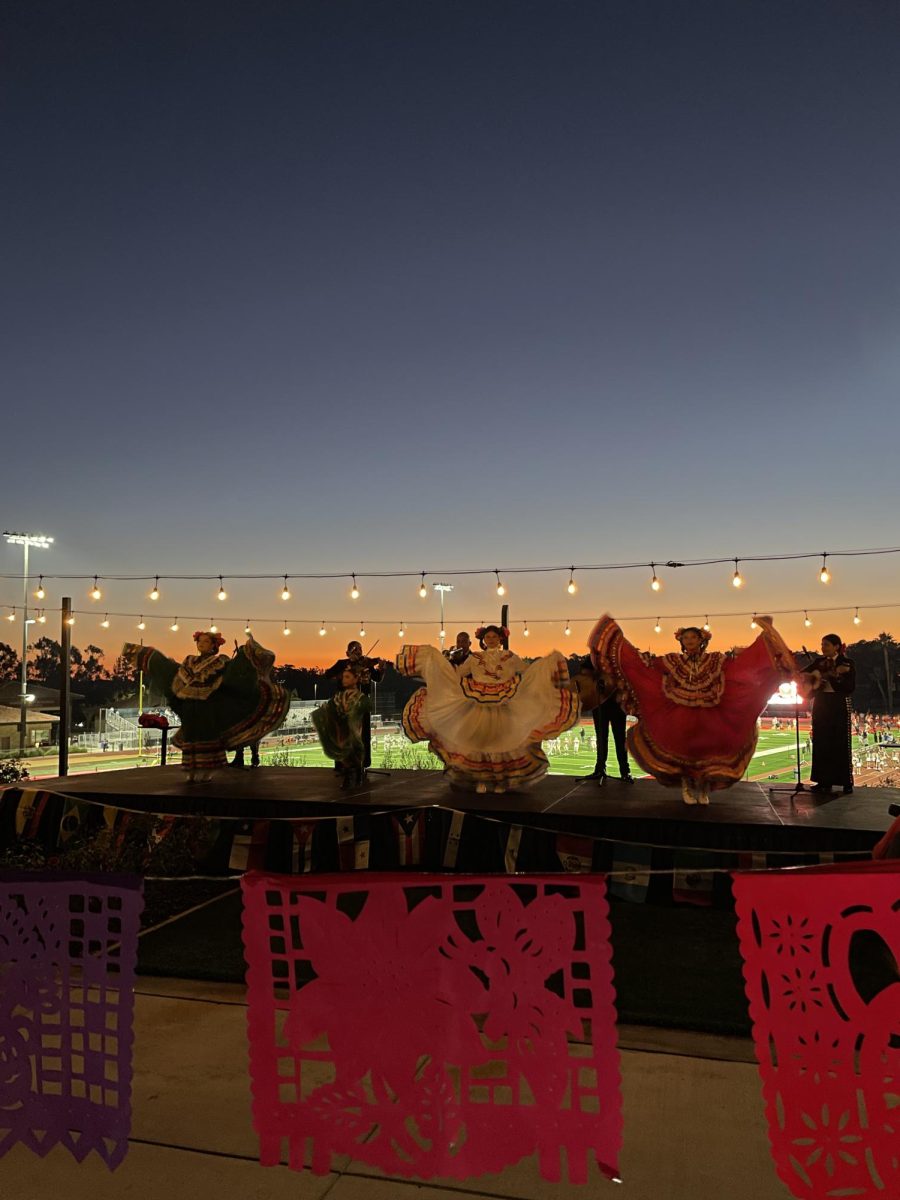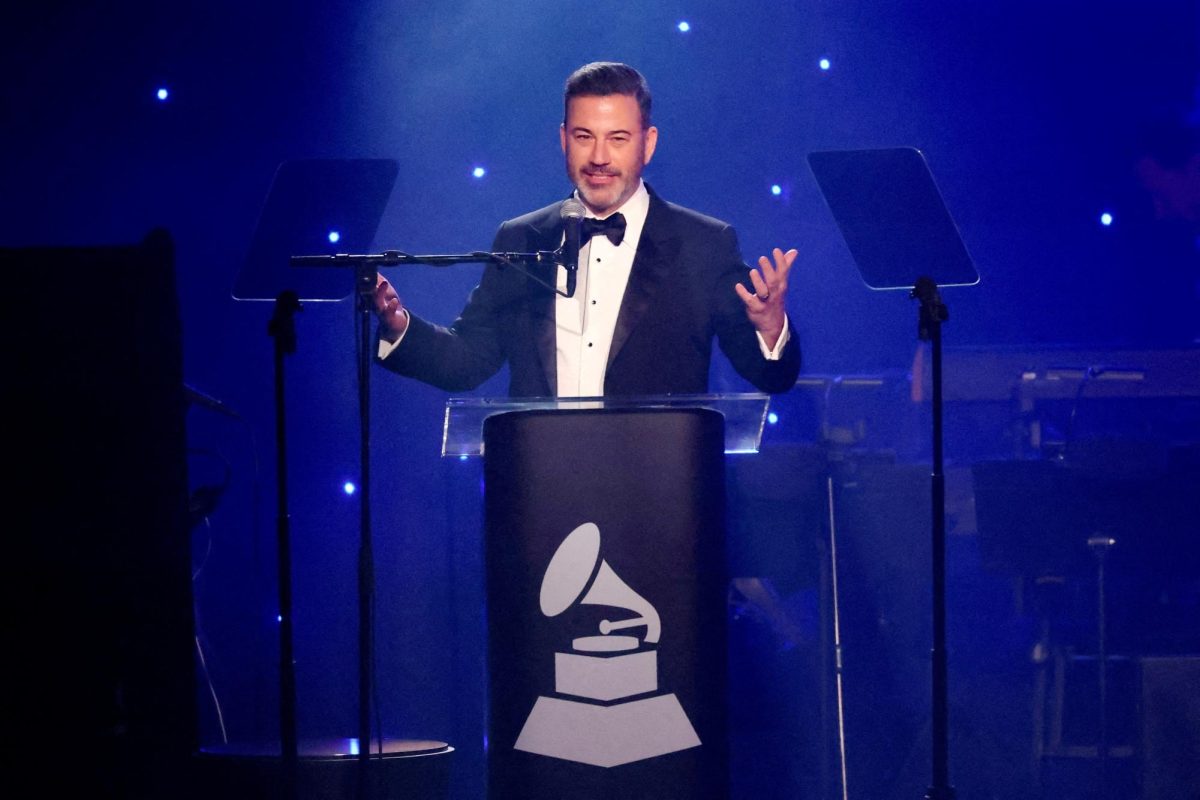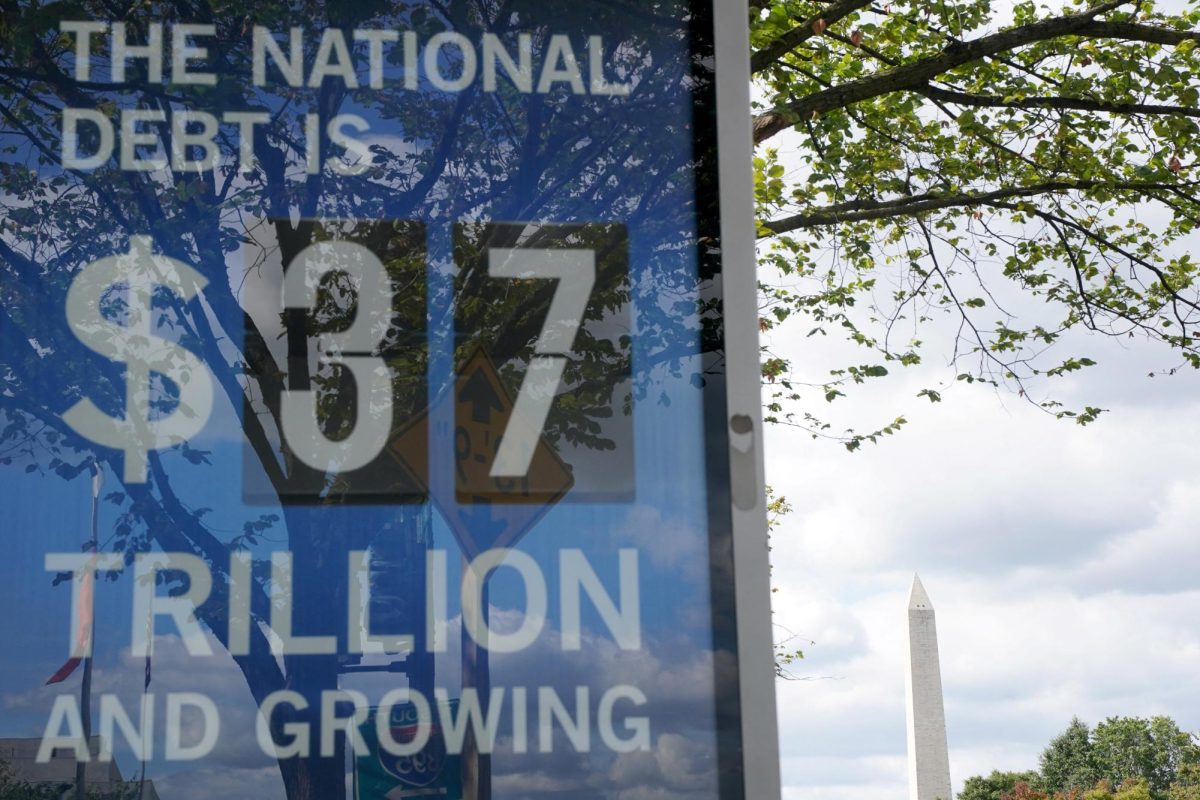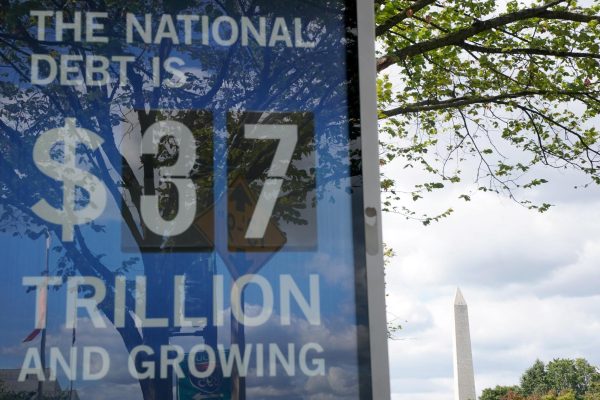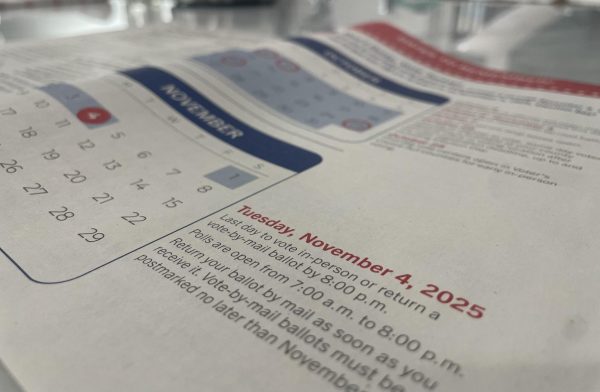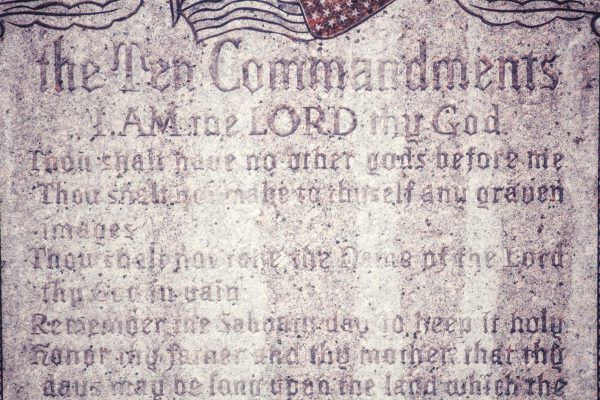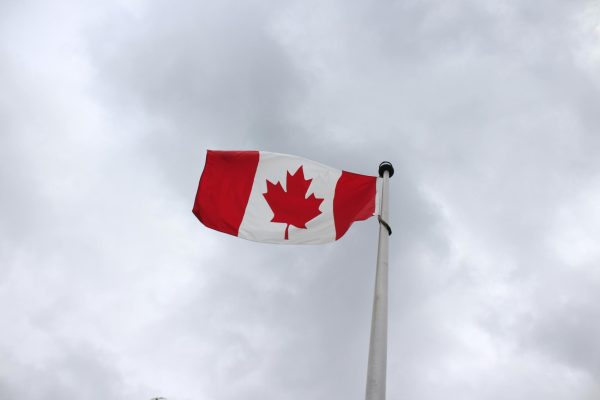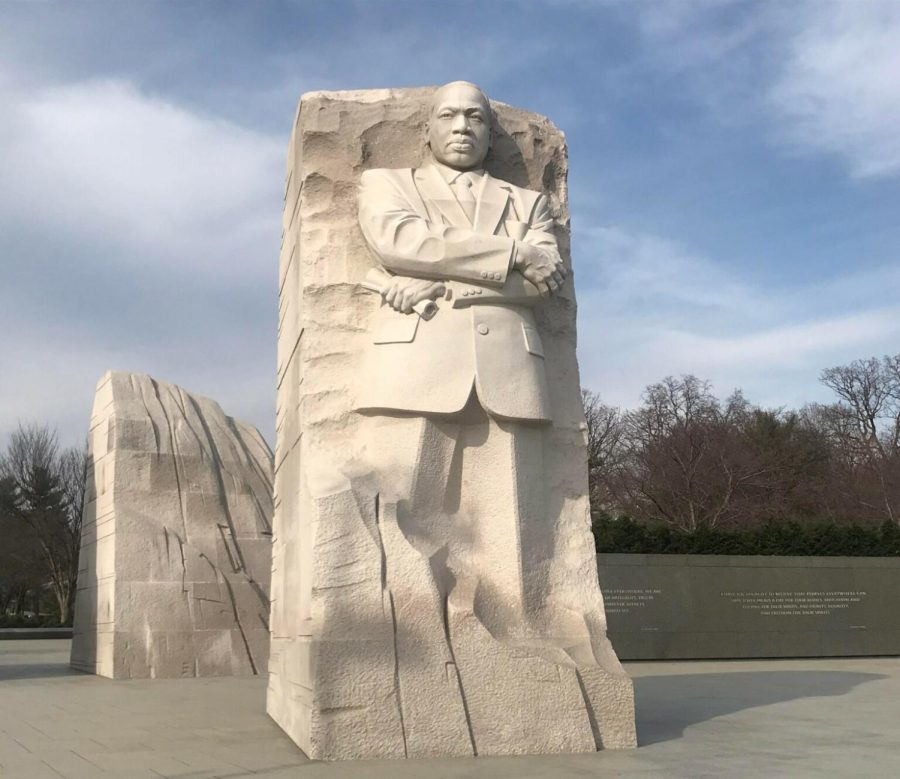Celebrating the Life of Dr. Martin Luther King, Jr.
Pictured is the MLK memorial in Washington D.C. On the side of the statue are the words printed: “out of the mountain of despair, a stone of hope”. These are the exact words King spoke in his “I Have a Dream” speech.
“Injustice anywhere is a threat to justice everywhere,” said Reverend Martin Luther King Jr during his well known “I Have a Dream” speech in 1968.
January 16 is a day designated for King, and is celebrated throughout the United States for his efforts to fight for the rights of African-Americans.
Martin Luther King Jr., named after the Catholic activist, was a Baptist minister and civil-rights activist who significantly impacted civil rights in the mid-1950s.
King won a Nobel Peace Prize in 1964, as well as other awards, throughout his mission as an advocate.
King will forever be remembered as “America’s preeminent advocate of non-violence and one of the greatest nonviolent leaders in world history,” as said by the King Center.
Although faced with violence from his opposers, King has maintained and advocated for non-violence solutions, like protests and boycotts. According to Biography, “the bus boycott involved 382 days of walking to work, harassment, violence, and intimidation”.
Amidst the acts of hate, King was not discouraged and continued his fight for freedom.
In 1955, Rosa Parks refused to give up her spot on the bus in order to stand up against segregation of the bus. After this, racial equality activists organized a boycott of the transit system. This organization coined the name Montgomery Improvement Association, and lasted over a year.
King achieved his nonviolent movement by advocating for freedom without violence. He maintained “fidelity to his principles that men and women everywhere, regardless of color or creed, are equal members of the human family”.
The 1950s and 1960s were a time of discrimination, violence, and segregation toward African-Americans. A historic moment occurred in 1963; the March on Washington drew more than 200,000 people.
At the Lincoln memorial, King delivered his well-known “I Have a Dream” speech. In this speech, King emphasized, “his belief that someday all men could be brothers.”
His speech is still remembered to this day. He also spoke on civil rights, discrimination, freedom, and equality in the United States. King planned many marches and protests to speak out and make needed change.
David L. Lewis stated that King’s strategy of “emphasizing nonviolent protest and interracial cooperation enabled him to fight effectively against the Southern system of legalized racial segregation and discrimination”.
King’s influence affected many people in America. A year after this famous speech, Congress passed the landmark Civil Rights Act. This act made racial segregation in the United States illegal by removing segregation in public spaces. Such as schools and libraries. The following year, congress passed the Voting Rights Act, granting African-Americans the right to vote.
King’s work was still not done. According to The King Center, “between 1965-1968, Dr. King shifted his focus toward economic justice”. Not many people think about the impact King made on economic justice. He called his efforts the Poor People’s Campaign.
The Guardian stated that “The Poor People’s Campaign promoted an economic bill of rights for all Americans,” According to the King Institute, this campaign aimed to help “poor people of all colors and backgrounds to assert and win their right to a decent life and respect for their culture and dignity”.
Though some in the conference thought King’s campaign was too ambitious, and the demands were vague, King saw its potential and knew they could achieve this goal.
Amongst King’s many advancements, there were still people that disliked the idea of change and disagreed with what he was preaching.
King was assassinated in 1968 because of his courage to lead the civil rights movement to improve the lives of African Americans’ lives and other American citizens who couldn’t speak for themselves.
Unfortunately, after his assassination on the balcony of a motel, he could not see the progress that was made in his wake.
The Poor People’s Campaign remained strong even after his death. In 200 counties, there was free food distribution, and many federal agencies secured promises to hire poor people so that they could help run programs for the poor.
During King’s 13 years of leadership African Americans “achieved more genuine progress toward racial equality in America,” as said by the King Center.
King made an effort to begin a campaign that would help those in need. His avocation to peacefully approach the world’s problems instead of approaching them in a violent way was very impactful.
Martin Luther King Jr. was a man who dedicated his life to the community. He was a spokesperson for those who couldn’t speak for themselves and an active leader to many Americans. King’s idea of change without violence was beneficial during the civil rights movement. His way of approaching issues allowed more progress to be made toward the civil rights movement and his Poor People’s campaign. Because of King’s contributions and many other civil rights leaders, great strides have been made toward racial equality.

Hi! I’m Carissa Vanzant-Thomas, and I’m passionate about wellness and mental health. As the lead editor of the wellness column, I have learned many...
